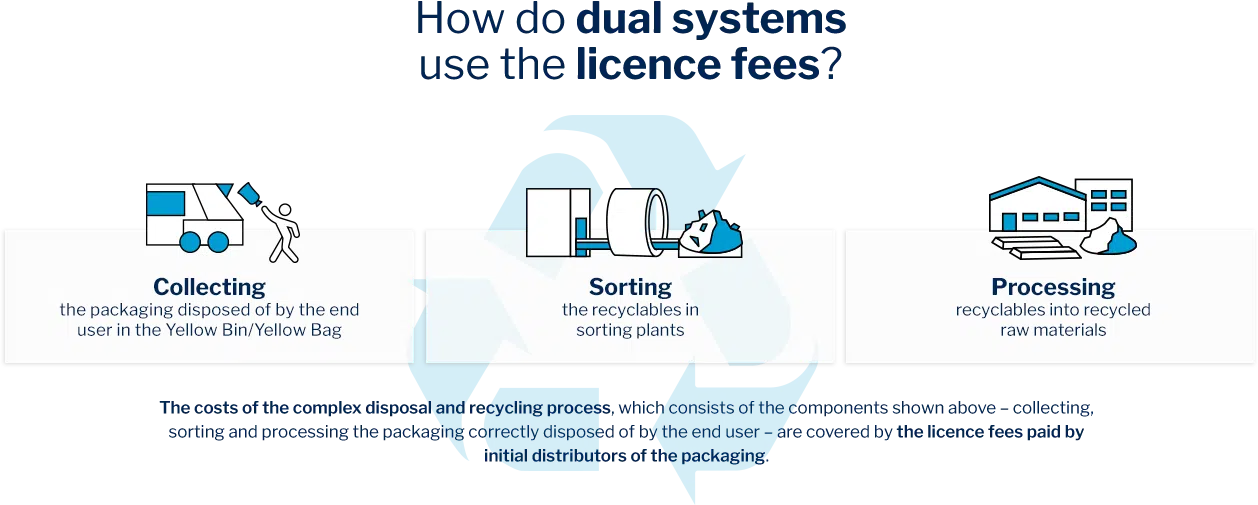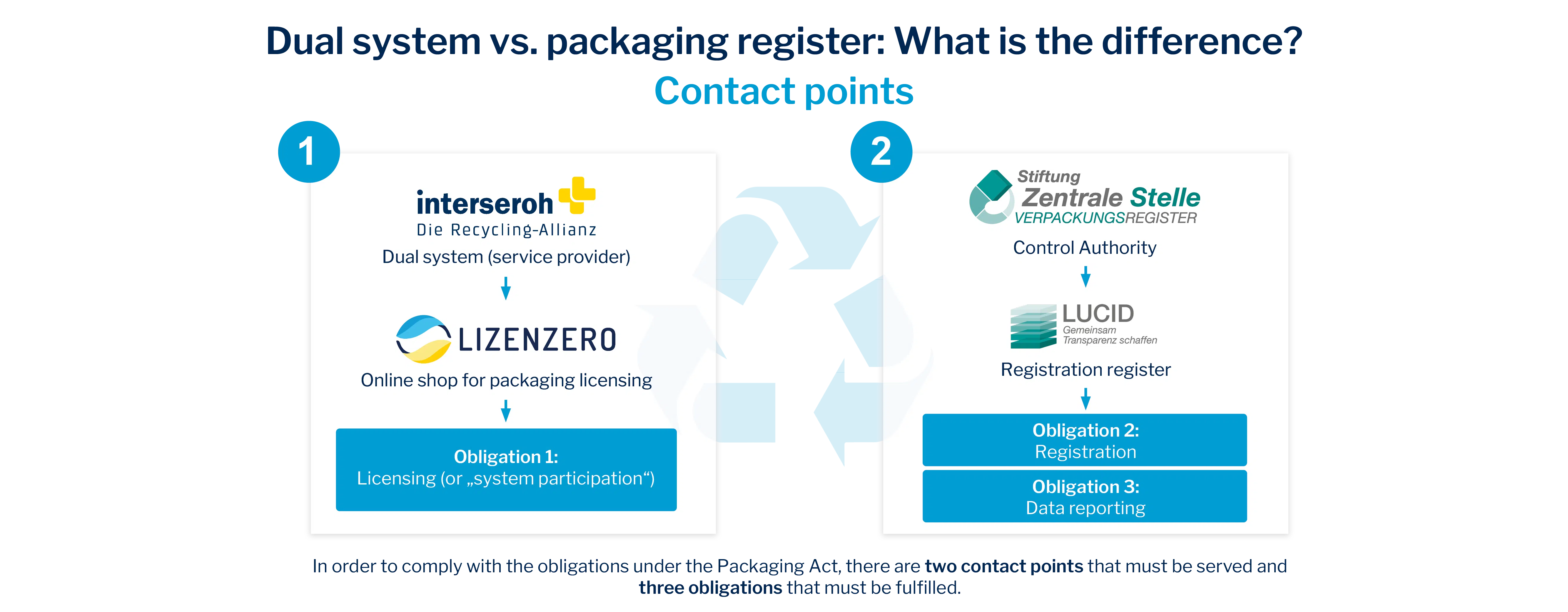Dieser Beitrag ist auch verfügbar auf: Deutsch (German) English 繁體中文 (Chinese (Traditional))
Online trade is booming, not least due to lockdowns and quarantines in times of pandemics. Although this is welcome from the point of view of modern society, it brings with it a downside: Ever-growing mountains of packaging waste are causing problems for the environment and proving to be an additional challenge at a time when climate protection is urgently needed.
The German legislator has already responded to these trends – based on an EU directive – with the German Packaging Act (VerpackG) in 2019. It places an obligation on all those companies that circulate packaging to German end consumers. Companies will have to co-finance the disposal and recycling process of packaging in the future.
Since it came into force, the Packaging Act has thus already ensured a significant improvement in recycling rates in Germany; however, as high quantities of unlicensed packaging continue to enter the German market, particularly from the international market and via online trade, the Act was comprehensively revised in mid-2021. Many aspects of this amendment took effect on 1st July 2022, after a one-year transition period.
We’ll show you what to look out for to ensure you comply and to avoid hassle:

The Packaging Act Amendment for Online Trade: what’s new from July 2022?
The Packaging Act already introduced the Central Packaging Register (ZSVR) with the LUCID reporting register as a control authority when it first came into force. But the amendment will go one better in terms of control from July 2022: from this date, both both operators of online marketplaces (such as Kaufland.de) and fulfilment service providers are required to verify that their sellers who ship to Germany comply with the Packaging Act. .
If the marketplace or service providercannot be provided with evidence of this, the consequence is an immediate, at least temporary, halt in sales to Germany. In the context of fulfilment, no services such as warehousing, packaging or shipping may be provided to such sellers.
In fulfilment, there is also another aspect: Here, from July 2022, the commissioning seller is always responsible for licensing the shipping packaging, even if it is the service provider who fills and ships the shipping packaging.
So what’s new in online retail is:
- 1) Control obligation for marketplaces and fulfilment service providers
- 2) Licensing obligation for shipping packaging always lies with the commissioning seller in the context of fulfilment
The Packaging Act Amendment for online trade: what is staying the same?
The amendment does not change the three obligations for affected companies (see below), which the Packaging Act has imposed since 2019. However, they must now prove to their marketplace operator and/or fulfilment service provider that they have fulfilled these obligations – in particular, that they have registered and licensed their packaging – and provide two pieces of evidence:
- 1) LUCID registration number
- 2) Proof of licensing
Comply with the Packaging Act: This is how it works in a simple and straightforward way
The Packaging Act formulates a total of three obligations for distributors of sales packaging (i.e. all packaging that accumulates as waste at the German end consumer, e.g. product or shipping packaging):
- 1) Registration in the LUCID packaging register as a “manufacturer” (provided by the Central Packaging Register Office).
Tip: Do not be confused by the term “manufacturer”: The act covers all obligated companies – not just producers, as you might assume from the term.
- After successful registration in LUCID you will receive your individual LUCID registration number for your marketplace and fulfilment service provider.
2) Licensing or participation of packaging quantities in a dual system (e.g. Interseroh® via the Lizenzero online shop).
Tip: A licensing agreement is always concluded in advance and is therefore based on forecasts. Depending on the system provider, these quantities can be flexibly adjusted over the course of the year (pay attention to the contractual design of your dual system in advance!).
- After successful licensing of your packaging, you will receive your system certificate for your marketplace and fulfilment service provider.
3) Data reporting to LUCID: The to-dos are completed as soon as the name of the dual system and the packaging quantities licensed there are entered in LUCID.

